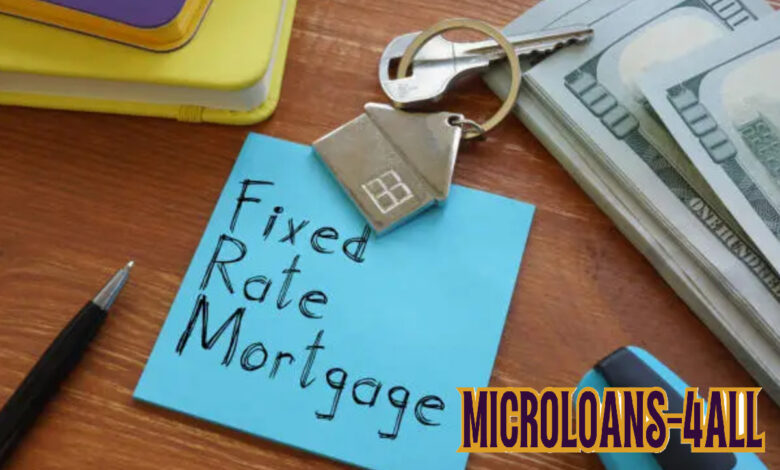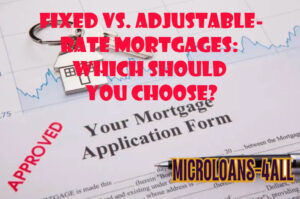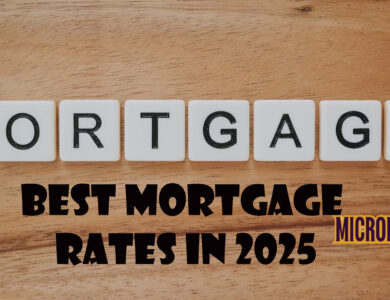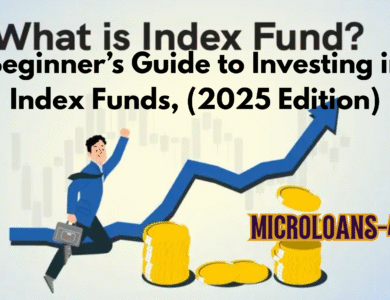
Fixed vs. Adjustable-Rate Mortgages: Which Should You Choose?
Hello, friends. Welcome to our blog. My name is Max, and if this is your first time visiting our blog, please bookmark it, as we will continually share articles that benefit you and your business. Be sure to visit our blog periodically for important articles, such as Fixed vs. Adjustable-Rate Mortgages: Which Should You Choose?
Hello friends, as you know, choosing the right mortgage is one of the most important aspects of making financial decisions. For many home buyers, the question often arises: fixed rate vs. adjustable mortgage. The two options have their merit and demerits, making the best choice depends on your financial situation.
What Is a Fixed-Rate Mortgage?
When you choose a fixed-rate mortgage, you’re securing the same interest rate for the entire duration of your loan, whether that’s 15, 20, or even 30 years. This means you can count on your monthly principal and interest payments to stay the same from the day you sign until the day you pay it off, providing you with a sense of stability and predictability in your budgeting.

Pros:
- Predictable monthly payments.
- Protection from future interest rate hikes.
- Peace of mind for long-term homeowners.
Cons:
- Usually starts with a higher rate compared to an ARM.
- Less flexibility if you plan to sell or refinance in just a few years.
Best for: Buyers who want stability and plan to stay in their home long-term.
What Is an Adjustable-Rate Mortgage (ARM)?
An adjustable-rate mortgage typically kicks off with a lower fixed interest rate for an initial period, which could be 5, 7, or even 10 years. After this introductory phase, the interest rate starts changing from time to time, reflecting the ups and downs of the market.
Fixed vs. Adjustable-Rate Mortgages: Which Should You Choose?
Pros:
- Lower initial monthly payments.
- It’s a Good option if you plan to sell or refinance before the rate adjusts.
- It may save you money in the short term.
Cons:
- Payout can increase significantly after the fixed period.
- Less predictable, especially if rates rise.
- Harder to budget long-term.
Best for: Buyers who expect to move, refinance, or pay off their loan before the adjustment period.
Fixed vs. ARM: Side-by-Side Comparison
| Feature | Fixed-Rate Mortgage | Adjustable-Rate Mortgage (ARM) |
|---|---|---|
| Interest Rate | Stays the same | Starts lower, then adjusts |
| Monthly Payment | Predictable | Can rise or fall |
| Best For | Long-term homeowners | Short-term homeowners or refinancers |
| Risk Level | Low | Moderate to High |
fixed vs. adjustable-rate mortgage
Mortgage types explained: Fixed, variable or tracker
How to Decide Which Mortgage Fits You
1. Think About How Long You’ll Stay
- If you plan to stay in the home for 10+ years, a fixed-rate mortgage gives you stability.
- If you expect to move or refinance within 5–7 years, an ARM could save you money upfront.
2. Consider Your Risk Tolerance
- Hate surprises? A fixed rate means no worrying about future interest hikes.
- Comfortable with some risk? An ARM may work if you’re disciplined with finances and have backup savings.
3. Look at Your Budget
- Fixed-rate mortgages are easier to plan for long-term budgeting.
- ARMs may free up short-term cash flow, but you’ll need a plan in case payments rise.
4. Check the Market
In years when rates are high, an ARM might give you a more affordable entry point. But if rates are relatively low, locking in a fixed rate could be smarter.
Personal Tips for Finding the Perfect Loan
- Explore Your Options: Don’t settle for the first offer. Take your time to gather quotes from at least three different lenders. It’s worth the effort!
Fixed vs. Adjustable-Rate Mortgages: Which Should You Choose?
- Get the Details on Caps: If you’re considering an adjustable-rate mortgage (ARM), make sure you fully understand the caps. Knowing how much the interest rate can increase at each adjustment can help avoid surprises down the line.
- Calculate Your Costs: Use a mortgage calculator to run some numbers. This will give you a clearer idea of what the long-term costs will look like and help you plan accordingly.
- Seek Professional Guidance: It can be really helpful to chat with a mortgage advisor. They can provide insights tailored specifically to your financial situation, ensuring you make the best decision possible.
There’s no one-size-fits-all answer to the fixed vs. adjustable-rate mortgage debate. If you value stability and plan to stay in your home for the long haul, a fixed-rate loan offers peace of mind. If you’re looking for flexibility, lower initial payments, and expect to move or refinance in a few years, an ARM could be the right fit.
The key is to match your mortgage choice with your lifestyle, financial goals, and risk comfort level. By weighing the pros and cons, you’ll not only save money but also feel confident that your home loan truly works for you.



